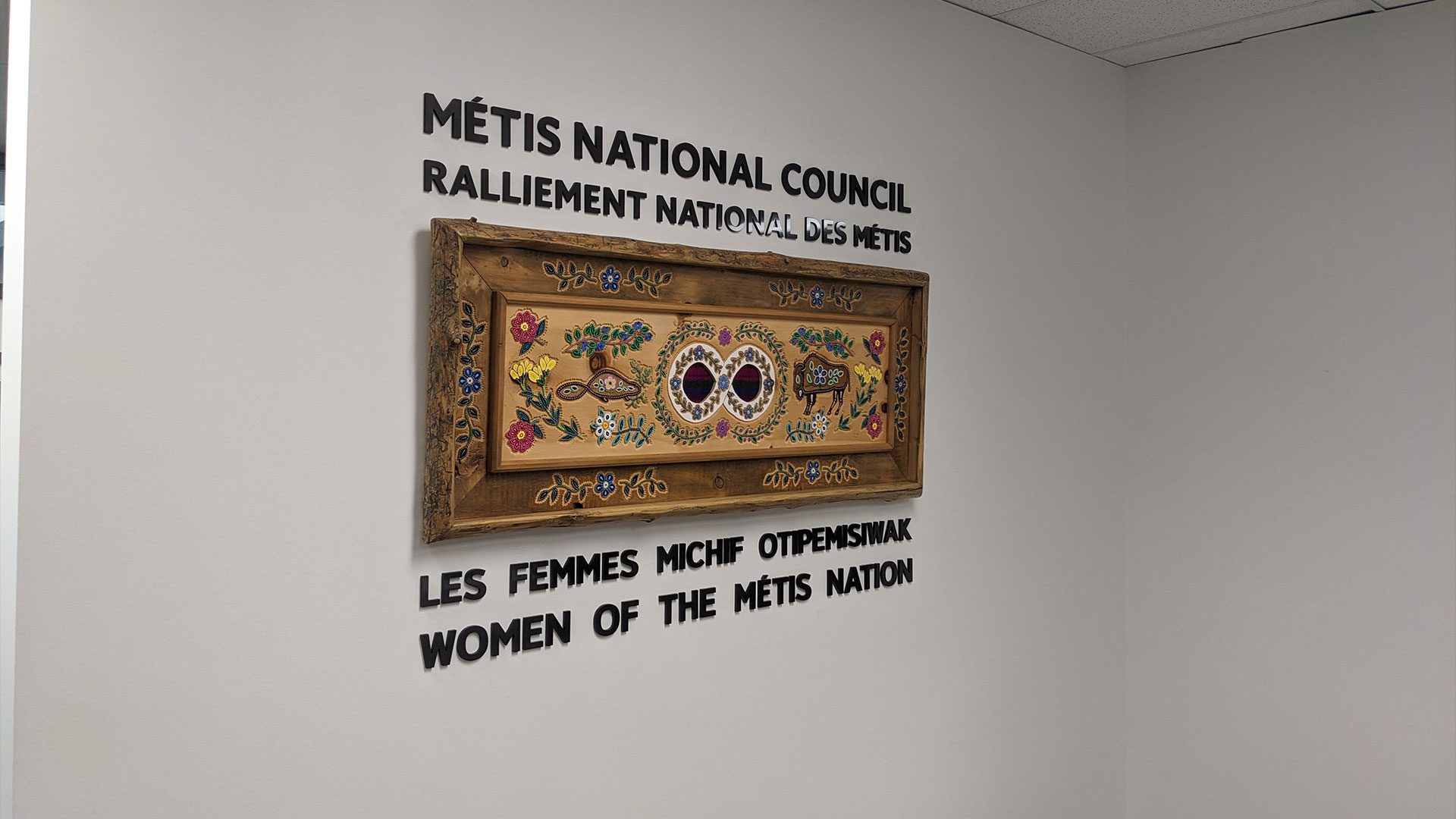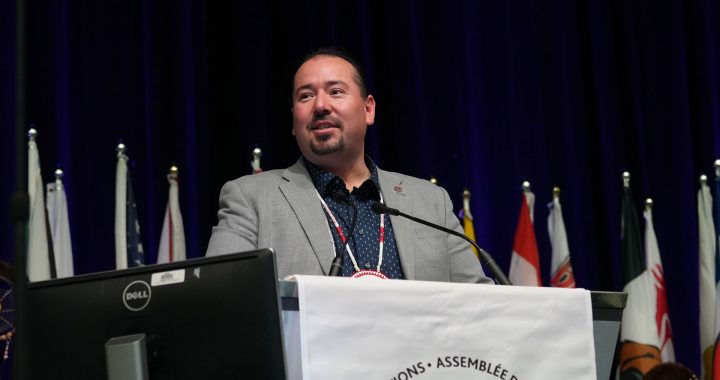Despite what can only be described as a disastrous week for Prime Minister Justin Trudeau and the Liberals, one First Nations leader in British Columbia says it is not too late for the government to get back on track – but they need to act quickly.
“When you’re in the position of leadership and you see that things are crumbling around you, you have a couple of things you can do,” Cheryl Casimer said. “You need to shift your manner in which you are doing things and make some significant changes to kind of re-group. Failing that, you need to say, ‘well how effective am I being? Am I really being effective in terms of representing the people’s interests and their priorities?’
“I think we are at that point in time with the Liberal government.”
Casimer is a member of the First Nations Summit and the British Columbia First Nations Leadership Council and is currently serving as the chief of the ʔaq’am First Nation.
The week started with the announcement by Housing minister Sean Fraser that he would be resigning from cabinet and not seeking re-election on Monday morning.
This was followed shortly by the bombshell resignation of Finance minister Chrystia Freeland only a few hours before she was set to deliver the Fall Economic Statement.
Read More:
Canada in need of a ‘new general’ says Jody Wilson Raybould
Her announcement included a scathing resignation letter posted on social media full of criticism about the economic direction of the government and that Trudeau had told her she would no long be finance minister on Friday.
Public Safety Minister Domenic Leblanc is the new finance minister but questions remain about the future of the both the government and prime minister.
Casimer said the strained relations of the years under Stephen Harper’s Conservative government is still fresh in the minds of many First Nations leaders and they have generally had a good working relationship with Trudeau and the Liberals.
However, should a government change happen, she said First Nations are ready and will continue to stand up for their rights.
What comes after the MNC?
A Hill Times columnist says the current disarray of the Métis National Council (MNC) leaves a big hole to fill in terms of national representation for the regions at the federal level.
“Given that the Métis National Council is allegedly there to represent Métis interests in negotiations with the federal government, it is concerning that there is no longer a national (Métis government),” Rose LeMay said. “It is a couple of regions which already have questions about their authenticity and membership lists. I don’t know if there’s a way forward for the Métis National Council at this time. Currently there is no clear way forward. It would leave a gaping hole in terms of negotiations.”
The MNC currently consists of two Métis governments – Alberta and Ontario.
This after the Métis Nation-Saskatchewan and Métis Nation British Columbia left the organization earlier this year.
The Manitoba Métis Federation left the MNC a few years ago.
Cassidy Caron decided not to seek re-election as MNC president after serving one term and she has been replaced by Victoria Pruden who was elected to the position earlier this month.
LeMay said forums like the Identity Summit, co-hosted by the MMF and Chiefs of Ontario this past spring, are a positive development as Métis people define their own identity and membership and relations with First Nations people.
Nevertheless, the president of the Métis Nation of Alberta says although the MNC is currently facing challenges it continues to represent Métis people on a national level.
“We have been committed for awhile now to reform of the Métis National Council,” Andrea Sandmaier said. “The Métis National Council is not a government, it has never been a government and similar to other national organizations we’re going through a reform process.”
The MNA is also working on next steps after the federal government announced last week it is not moving forward on Bill C-53.
This is the legislation that is supposed to formally recognize Métis governments in Alberta, Saskatchewan and Ontario.
However, Saskatchewan said it does not want to be part of the legislation earlier this year.
Sandmaier said self-government for her organization is not tied to any particular piece of legislation and the MNA will be continuing on this journey as part of the agreement it signed with Ottawa in February, 2023.













